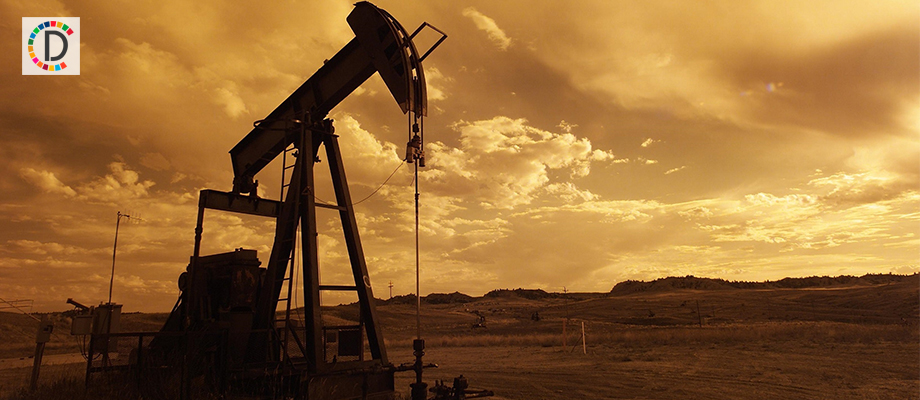WRAPUP 5-Russia says 'no decisions' on closing borders amid exodus of military-age men
The Kremlin refused to deny on Monday that Russia might close its borders to prevent an exodus of military-age men after President Vladimir Putin declared a partial mobilisation in an effort to regain the upper hand in the war in Ukraine. Kremlin spokesman Dmitry Peskov also confirmed that Russia was in "sporadic" contact with the United States on nuclear issues, a day after Washington warned of "catastrophic consequences" if Moscow used nuclear weapons to protect Ukrainian regions it looks set to annex.

The Kremlin refused to deny on Monday that Russia might close its borders to prevent an exodus of military-age men after President Vladimir Putin declared a partial mobilisation in an effort to regain the upper hand in the war in Ukraine.
Kremlin spokesman Dmitry Peskov also confirmed that Russia was in "sporadic" contact with the United States on nuclear issues, a day after Washington warned of "catastrophic consequences" if Moscow used nuclear weapons to protect Ukrainian regions it looks set to annex. Citizens in four regions of Ukraine were voting for a fourth day on Monday in Moscow-organised referendums on joining Russia, a plan Kyiv and the West have branded a sham. They say the votes are rigged and they will not recognise the results.
Asked about the possibility of border closures, Peskov told reporters: "I don't know anything about this. At the moment, no decisions have been taken on this." Multiple reports have documented how people with no military service have received draft papers - contrary to Defence Minister Sergei Shoigu's pledge that only those with special military skills or combat experience would do so - prompting even loyal pro-Kremlin figures to publicly express concern.
Peskov acknowledged that some call-ups had been issued in error, saying mistakes were being corrected by regional governors and the ministry of defence. More than 2,000 people have been detained across Russia for protests at the draft, says independent monitoring group OVD-Info. With criticism of the conflict banned, the demonstrations were among the first signs of discontent since the war began.
A 25-year-old gunman was detained after opening fire on Monday at a military draft office in Russia's Irkutsk region, the local governor said. Almost 17,000 Russians crossed the border into Finland over the weekend, Finnish authorities said, while Russian state media said the estimated wait to enter Georgia hit 48 hours at one point on Sunday, with more than 3,000 vehicles queuing.
A senior lawmaker said Russian men of fighting age should not be allowed to travel abroad. "Everyone who is of conscription age should be banned from travelling abroad in the current situation," Sergei Tsekov, a member of Russia's upper house of parliament, the Federation Council, told RIA news agency.
NUCLEAR WORRIES By incorporating the four Ukrainian regions - Luhansk and Donetsk in the east and Zaporizhzhia and Kherson in the south - Moscow will be able to portray Kyiv's efforts to recapture them as attacks on Russia itself.
Announcing his mobilisation drive last week, Russia's first since World War Two, President Vladimir Putin said Moscow was ready to use nuclear weapons to defend any of its territory. U.S. National Security Adviser Jake Sullivan said on Sunday the United States would respond "decisively" to any Russian use of nuclear weapons, without elaborating. He said Washington had privately told Moscow "exactly what that would mean".
Asked about Sullivan's comments, Peskov said: "There are channels for dialogue at the proper level, but they are of a very sporadic nature. At least they allow for the exchange of some emergency messages about each other's positions." The Ukraine conflict has triggered the most serious confrontation between Moscow and Washington since the 1962 Cuban Missile Crisis, when the superpowers came closest to nuclear war.
The exiled mayor of Russian-controlled Melitopol in the Zaporizhzhia region accused Russia of forcibly enlisting Ukrainian men in occupied areas into its armed forces. "Today the situation is critical: our residents are scared, our residents are panicking, they don't know what will happen tomorrow and when they will actually take our people away for enlisting," Mayor Ivan Fedorov said.
'FAKE' REFERENDUMS Fedorov also condemned the referendums - which are due to end on Tuesday - as "a fake and a farce".
"The voting takes place in front of assault rifles, men with weapons... People are grabbed right on the street and are forced to vote not only for themselves but for their whole families," he said via videolink from an undisclosed location. The governor of Luhansk, another region Moscow aims to annex, said Russian-backed officials were carrying ballot boxes from door to door, accompanied by security officials.
Residents' names were taken down if they failed to vote correctly or refused to cast a ballot, Serhiy Gaidai said. The four regions represent about 15% of Ukraine. Russian forces do not control all the territory in those regions, where fighting still rages. They would add to Crimea, annexed by Russia in 2014 after a similar referendum there.
Ukrainian officials said on Monday that further heavy fighting had seen more than 40 towns hit by Russian shelling, mostly in southern and southeast Ukraine. President Volodymyr Zelenskiy met his security chiefs on Monday to plan ways to counteract Russia's use of "new types of weapons" after Moscow stepped up attacks in the Odesa region using Iranian combat drones.
Russia carried out at least five attacks on targets in the region using unmanned Shahed-136 drones in the last few days, Serhiy Bratchuk, spokesperson for Odesa's regional administration, told a news briefing. One of the attacks hit an undisclosed military target in the southern region in the early hours of Monday, he said.
(This story has not been edited by Devdiscourse staff and is auto-generated from a syndicated feed.)










